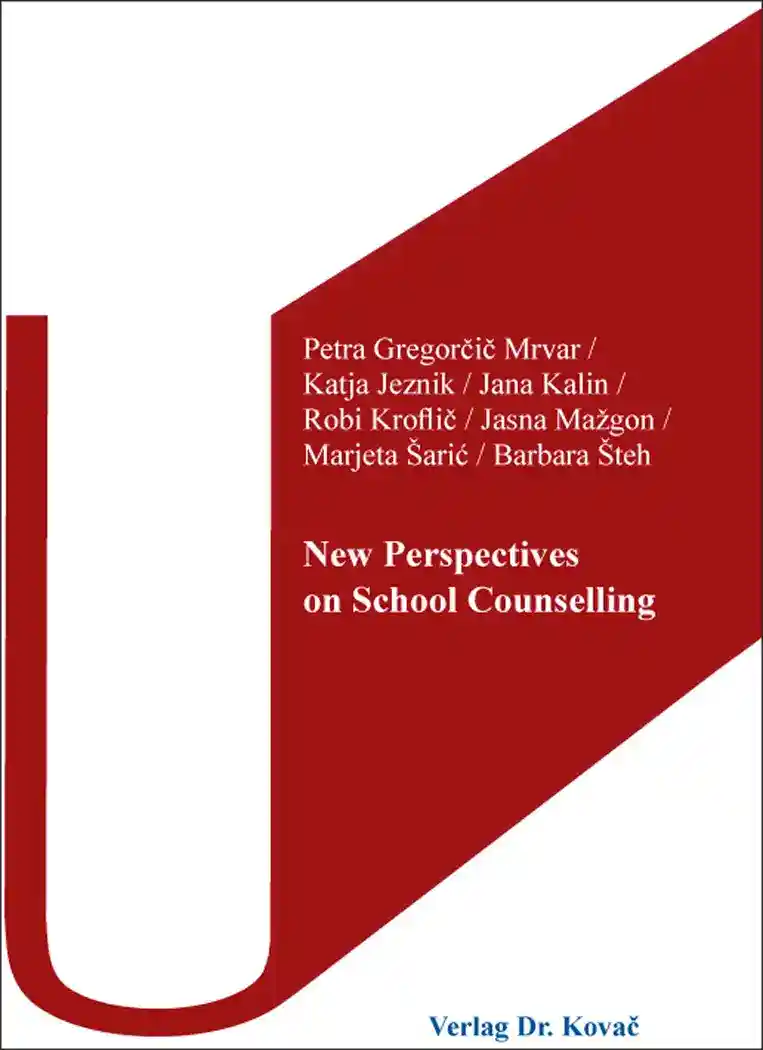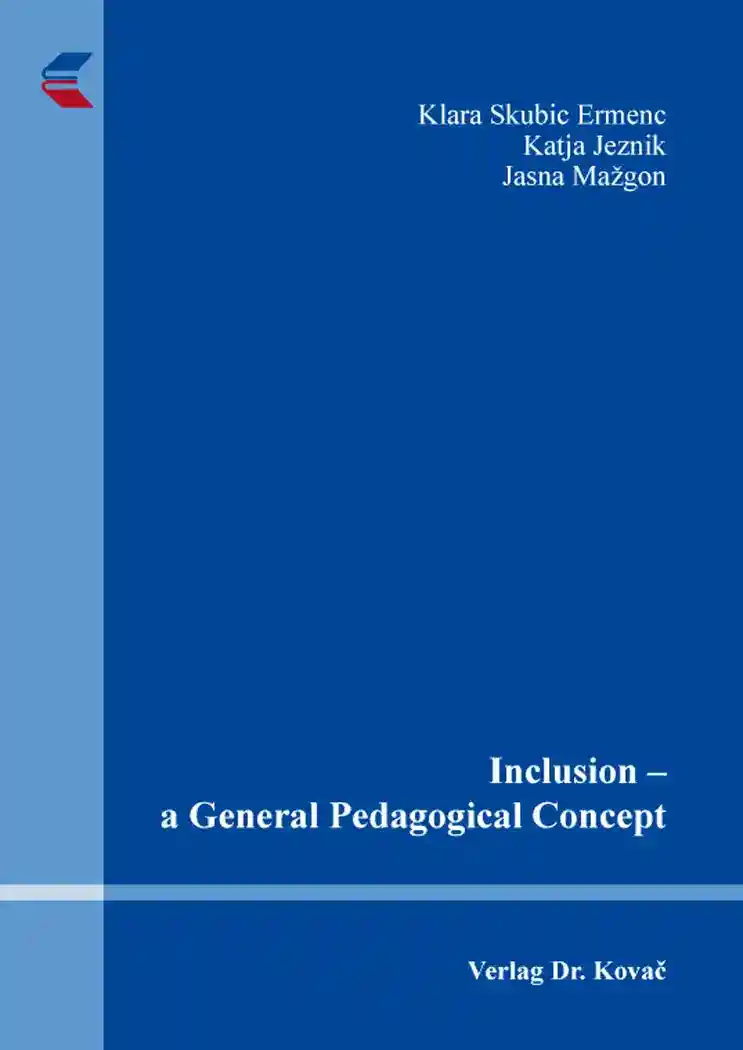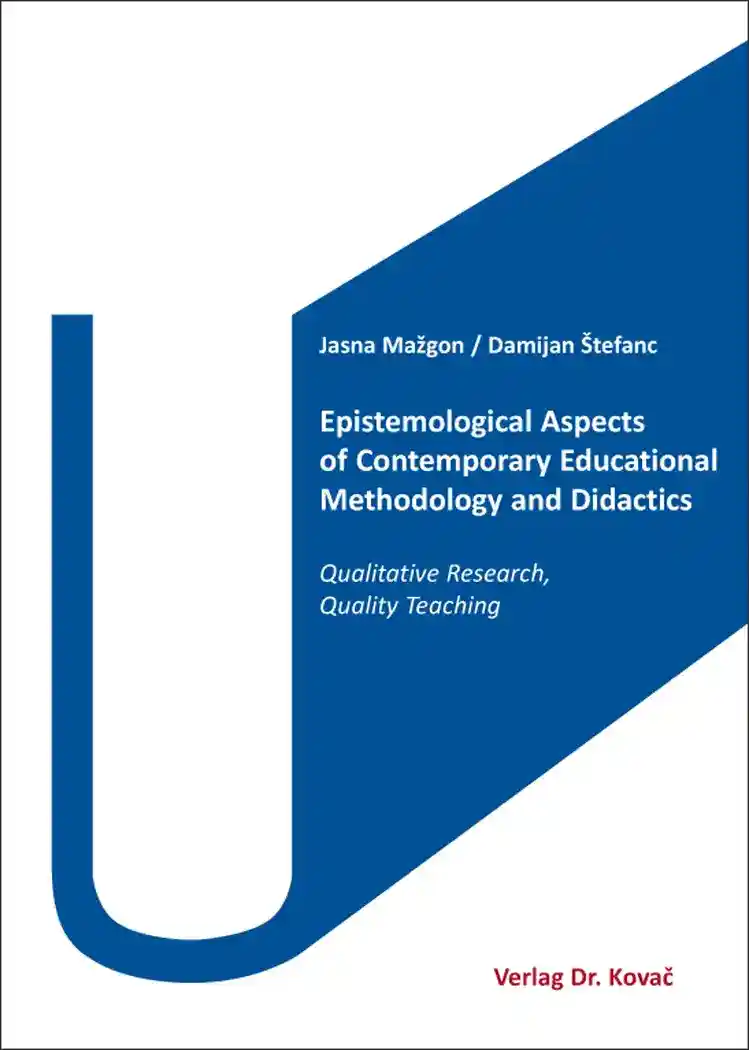Jasna Mažgon A Historical Overview of Selected Action Research Concepts
– in englischer Sprache –
Hamburg 2025, 118 pages
About this book
The 20th century witnessed significant advancements in the domain of social sciences, characterised by methodological and epistemological discourses among positivist, critical-theoretical, and constructivist frameworks. Attempts to unify these sciences under a single framework gave rise to considerable tensions and the emergence of new paradigms.
A significant development was action research, which was introduced by Kurt Lewin in the 1930s and 1940s. While rooted in positivist logic, Lewin emphasised that research should drive social change, thus challenging the empirical-analytical methodology focused solely on objective knowledge. Traditional positivist approaches, originating in the 19th century, prioritized experiments and causal explanations. However, this rigid framework faced growing criticism, particularly in the Positivismusstreit (Positivism Dispute) of the 1960s, which questioned whether human-social relations could be studied as objectively as natural phenomena.
This debate influenced action research, which was initially aligned with critical theory and constructivism but later incorporated quantitative methods. Heinz Moser conceptualised action research within the paradigm of discourse, contending that positivist science served to perpetuate established power structures, while action research, by its very nature, was intended to effect social transformation. He subsequently conceded its shortcomings as an autonomous paradigm, underscoring the imperative for research subjects to function as equal participants.
Klafki sought to synthesize traditional and action research, prioritizing problem-solving and advocating for a pragmatic combination of methodologies. He argued that rigid adherence to a single paradigm is unnecessary when mixed approaches can complement each other.
This paradigm shift is evident in the work of Kemmis, Wilkinson, McNiff, and Lomax, who moved beyond theoretical debates to emphasise action research as a transformative process of learning and critique. Their approach emphasises the liberating potential of action research, seeking to empower individuals to overcome restrictive social structures through cycles of reflection and change.
German scholars have historically prioritised theoretical rigour, while English-speaking researchers have adopted a more practice-oriented approach, focusing on real-world applications. In the contemporary context, action research is regarded as a form of qualitative, quantitative, or mixed-methods research, with theoretical debates being superseded by practical applications, particularly within the field of education.
Bibliography
| Author | Jasna Mažgon |
| Title | A Historical Overview of Selected Action Research Concepts |
| Further Details | |
| Pages | 118 |
| Year of Publication | 2025 |
| Publication Date | 14.05.2025 |
| Place | Hamburg |
| ISBN (Print) | 978-3-339-14344-0 |
| eISBN (eBook) | 978-3-339-14345-7 |
| Series | Methoden der Sozialforschung |
| Volume | 1 |
| Language | english |
Other Publications by the Author
 Petra Gregorčič Mrvar / Katja Jeznik / Jana Kalin / Robi Kroflič / Jasna Mažgon / Marjeta Šarić / Barbara Šteh
Petra Gregorčič Mrvar / Katja Jeznik / Jana Kalin / Robi Kroflič / Jasna Mažgon / Marjeta Šarić / Barbara ŠtehNew Perspectives on School Counselling
Hamburg 2022
Inclusion – a General Pedagogical Concept
Hamburg 2019
Epistemological Aspects of Contemporary Educational Methodology and Didactics
Qualitative Research, Quality Teaching
Hamburg 2014
Erwerbungsvorschläge
Sie können Ihrer Bibliothek auch einen Erwerbungsvorschlag für dieses Buch unterbreiten.
 -Import
-Import
Mit der Browser-Erweiterung Zotero Connector können Sie die auf dieser Seite hinterlegten COinS-Metadaten direkt in Ihre Literaturverwaltung übernehmen.
Weitere Exportformate für Katalogisierung und Zitation
MARC 21
BibTeX
RIS (für EndNote, Zotero, Citavi …)
Your book at Dr. Kovač Publishing House
We publish your scientific work >>


